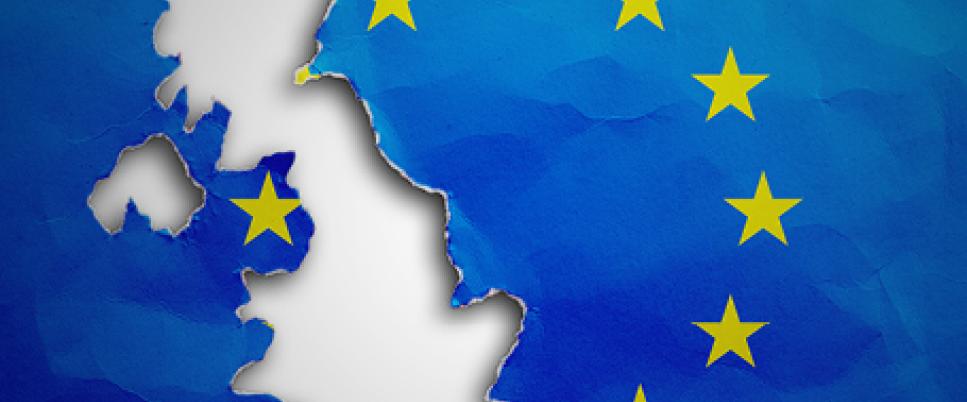
Brexit - Product law consequences for economic actors in Germany
Interview with RA Dr. Jens Nusser, LL.M.
At the end of 31 January 2020, the United Kingdom left the European Union. This has various implications for the cross-border movement of goods and for the economic actors operating in this context. We interviewed attorney Dr. Nusser, partner in the law firm Kopp-Assenmacher & Nusser, which specializes in environmental and product law, regarding the effects of product safety law and product environmental law on German economic actors.
Dr. Nusser, is it possible at this point in time to make a final assessment of Brexit’s legal implications in terms of product law?
This is not yet definitively possible. Brexit will only have legal product and customs consequences after the transitional period. According to Art. 126 of the withdrawal agreement, the transitional period applies at least until the end of 31 December 2020, during which time all harmonized product legislation will continue to apply in accordance with Art. 127(1) of the withdrawal agreement. In addition, the United Kingdom remains a member of the European Customs Union for the duration of the transitional period. Until that time, the United Kingdom may not prohibit, restrict or impede the placing on the market and provision of harmonized products, for example, by imposing additional national requirements. At the end of the transitional period, the United Kingdom will be regarded as a third country in terms of product law, unless the UK concludes a free trade agreement with the European Union. If such an agreement is not concluded, the harmonized product legislation will no longer apply in the UK.
What do you mean by harmonized product law?
These are so-called harmonization acts of the EU, which require CE labelling, such as the EMC Directive, the Machinery Directive, the Low Voltage Directive and the other 70 or so CE legal acts. With regard to the question of when electrical and electronic products can be placed on the market, these legal acts consistently refer to the first delivery in the EU or the European Economic Area. If, for example, a machine is supplied by an Asian manufacturer to a wholesaler in the United Kingdom after the transitional period has taken place, this machine is not yet placed on the market. If it is delivered to the EU at a later date, it must comply with the stricter product law requirements that may apply at that later date.
Does this also apply to product environmental legislation such as the RoHS Directive, WEEE Directive, Battery Directive and Packaging Directive and their implementation at the national Level?
A distinction must be made in product environmental law. In this area as well there are harmonization laws, such as the RoHS Directive or the Ecodesign Directive, which require CE labelling. In addition, however, there are the other legal acts you mentioned - such as the WEEE Directive, Battery Directive and Packaging Directive - which have their foundation in product responsibility under waste legislation. The obligations regulated in the respective national implementation acts - in Germany, the ElektroG, BattG and VerpackG - are linked to how products are offered and placed on the market in the respective member states.
This means that, for example, according to ElektroG and VerpackG, Brexit changes nothing for the manufacturers of electrical and electronic products (EEE) or for those companies which produce packaging which need packaging Licence?
Correct, at least not in connection with these German legal acts. According to ElektroG, the manufacturer must already be established in Germany or appoint an authorized representative established in Germany. Under the Packaging Act and the BattG, qualification as a manufacturer and the associated legal obligations are also linked to the initial placement of the product on the German market. Manufacturers of electrical and electronic equipment (EEE) in particular must bear in mind, however, that their equipment always falls within the scope of CE legal acts. This is most obvious with regard to the RoHS Directive or the German Electrical and Electronic Equipment Ordinance, which also apply to EEE.
Dr. Jens Nusser, LL.M.
Attorney
KOPP-ASSENMACHER & NUSSER
Partnerschaft von Rechtsanwälten mbB
T: +49 (0) 30 / 450 86 55 - 21
nusser@kn-law.de
www.kn-law.de
Brexit - changes for companies which sell electrical products in the UK
In our news you can read about the British implementation of the WEEE, packaging and battery directives, and the coming changes for companies which do business in the UK.
